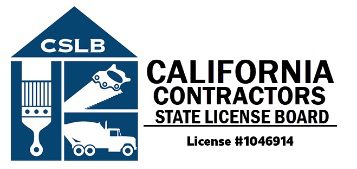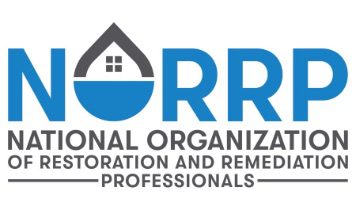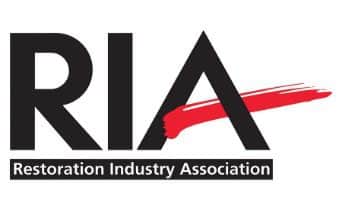Tips to Prevent a Flooded Basement
Tips to Prevent a Flooded Basement
How to Prevent Basement Flooding
If not taken care of in a timely manner, basement flooding can become a serious problem for the integrity of your home. Excess water in the basement can cause damage to personal items, furniture, and appliances - which can be a huge inconvenience for you and your family. Water damage that is left untreated may also cause long-term health issues from mildew and mold. Although research shows that nearly all basements will experience some water damage at some point in time, there are ways to help prevent basement flooding and try to mitigate the damage.
What causes basement flooding?
There are several reasons why basement flooding occurs, but it is usually weather-related or due to the wear and tear of systems in your home over time.
Bad weather
One of the most common causes of basement flooding is storms (i.e. hurricanes). The water damage from a storm can come through doors, cracked windows, or even damaged foundations. If you live in an area where heavy downpours or excessive amounts of melting snow accumulate groundwater, your basement may be susceptible to flooding. It’s important to ensure your home’s foundation, walls, and floors are properly waterproofed with a sealant so that if water were to rise to the level of your basement, you’re less likely to have water seep in.
Another weather-related cause of basement flooding may occur during the cold winter months when pipes are more likely to freeze, expand, and then burst due to pressure. This is a common occurrence, especially for homes with hot water tanks and water supply lines located in the basement.
Plumbing issues
Unfortunately, even the smallest leaks in your pipes or clogs from toilets, sinks, or drains may cause flooding in your basement. Unlike foundation leaks that cause slow seeping water over time, plumbing leaks can cause sudden and severe basement flooding. Since plumbing water is contaminated, this type of flooding may pose a serious health hazard and should be taken care of immediately.
Improper drainage systems
When drain tiles and gutters are clogged, it may cause water to pool around the outside of the home and seep through the walls or leak through the flooring or foundation. It’s important to regularly maintain these systems year-round and ensure they are properly cleaned and waterproofed to mitigate future damage.
How can I prevent basement flooding?
Although no single action will prevent your basement from flooding, there are some things you can do to help mitigate damage to your basement in case of an emergency.
Keep water away from your home
It may seem like a no-brainer, but one of your most important actions is to keep water away from your home (especially before those rainy months!). A few ways you can achieve this may include:
- Properly grading your yard and property so that water flows away from your house
- Keeping gutters and downspouts clear of leaves and debris, as these will also help you to divert water away from the structure of your home
- Checking your basement window wells and make sure that they are a few inches above ground level - and if not, they should be dug down below the window
Helping to divert the water away from your house well before disaster strikes may help you keep the basement from flooding in the future.
Maintain your home and surrounding property
The best way to prevent basement flooding is to reduce the chances of water getting into your home. That’s why regular maintenance of your home’s systems and appliances is crucial to ensure things are working properly. A few items on your home maintenance checklist should include:
- Checking your foundation for cracks and sealing minor ones with concrete caulking (keep in mind that bigger cracks may require professional help!)
- Inspecting the plumbing and fittings regularly on water-using appliances like washers and hot water heaters
- Always taking care of minor plumbing and sewer problems in a timely manner
- Keeping your sump pump up and running and having a backup power source for the pump will help remove standing water when the power is out
- Storing belongings off the ground by installing shelves that will keep items up and away from where your items might get wet
What to do if your basement floods
Even if you have taken all the necessary precautions to help prevent basement flooding, it still might happen anyway. If it does, here are some things you can do immediately:
- Locate the source of the water flow and turn off the water if possible
- Turn off the power to your home if it’s safe to do so
- Avoid standing in water as it can have harmful bacteria and germs
- Don’t touch any electrical wiring as the risk of getting electrocuted is much higher during a flood
- Call your insurance company to discuss your homeowner’s policy coverage
Cleaning up by yourself after a basement flood can be extremely dangerous and untreated water damage could lead to other more serious health hazards and damage to your home. It’s always best to call a water damage restoration expert to help properly clean and restore your basement back to working order. Have more questions about basement flooding? Contact Dry Kings today.
Contact
More News
Newsletter
Sign up and receive valuable tips to help you protect your residential building or commercial property from damages.
Awards

















